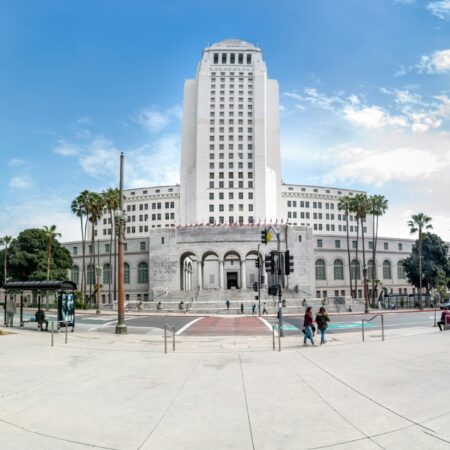Smelling opportunity in Britain’s decision to quit the European Union (EU), Sri Lanka’s apparel exporters say Brexit might result in a level playing field as other exporting countries which currently enjoy duty-free access to the United Kingdom (UK) under GSP will also lose the facility when London walks out of the 28-nation bloc.
“There is also an opportunity that I see from it (Brexit). If you take a country like Bangladesh, they have got GSP Plus and as a result they have duty free access but we don’t … If Brexit happens, then we will be able to compete better,” said Noel Piyathilake, chairman of the Joint Apparel Association Forum (JAAF).
Sri Lanka, which has been losing half a billion dollars since the withdrawal of GSP facility by EU in 2010 due to poor human rights violation in the wake of armed internal conflict, will be exposed to a level playing field as the GSP plus facility will not stand for exports to UK post Brexit, Piyathilake said.
The Brexit will result in Sri Lanka having to negotiate a separate trade agreement with the UK and so would other exporting countries such as Bangladesh, Pakistan and Myanmar, because GSP Plus concessions will cease to apply on exports to the UK, Piyathilake told a forum which discussed the impact of Brexit to Sri Lankan economy.
According to Sri Lanka’s Central Bank data, 29% of the country’s exports go to the EU and 34% of these reach UK. This is slightly less than 10 % of the island nation’s garment exports that are worth a little more than $ 1.0 billion. Apparel exports accounted for 46 % of total exports from Sri Lanka in 2015.
Piyathilake said at least 18 % of global apparel exports go to the UK—the fifth largest economy in the world—hence the impact of Brexit would be felt deeply by the industry globally.
However, the head of the apex industry body for Sri Lankan apparel exporters, also observed a declining trend for garment exports from Sri Lanka post-Brexit period. He attributed it to the uncertainty surrounding the markets and the value of Sterling sharply falling after the Brexit, which resulted in imports to the UK becoming expensive than they were before.
Despite loss of GSP access to UK, Sri lankan textiles and garment exports rose 8.9 % year-on-year to $ 1.37 billion during the first three months of 2016.
According to Piyathilake, in the wake of withdrawal of GSP facility, apparel exports from Sri Lanka, which grew 11 % per annum up to 2010 slowed down to 2.5 % per annum since then.






















